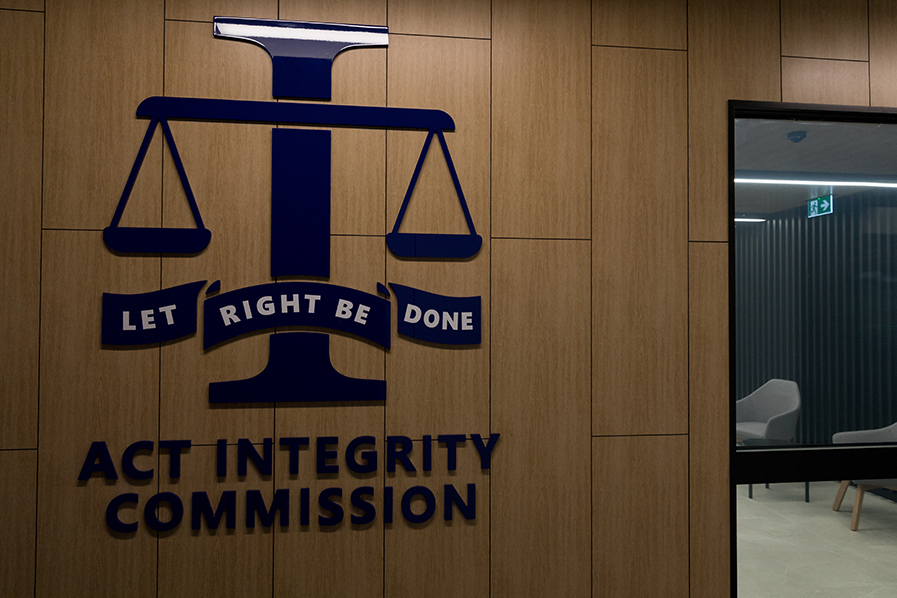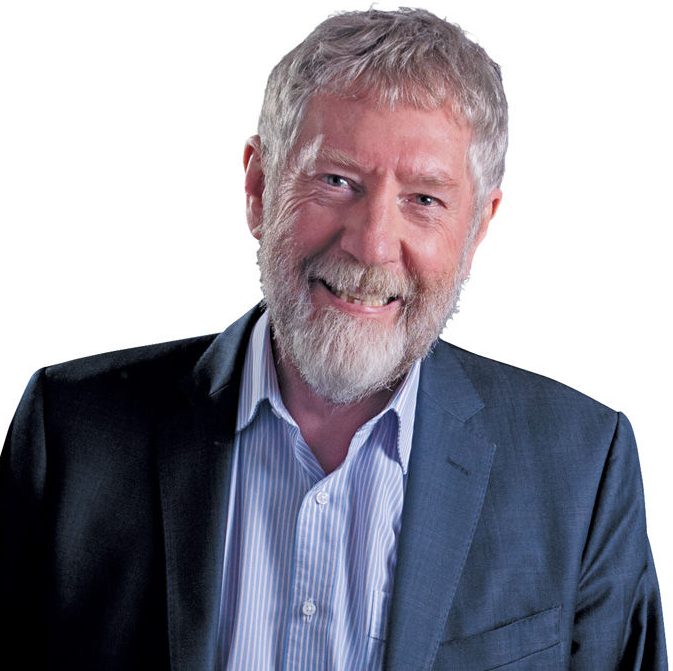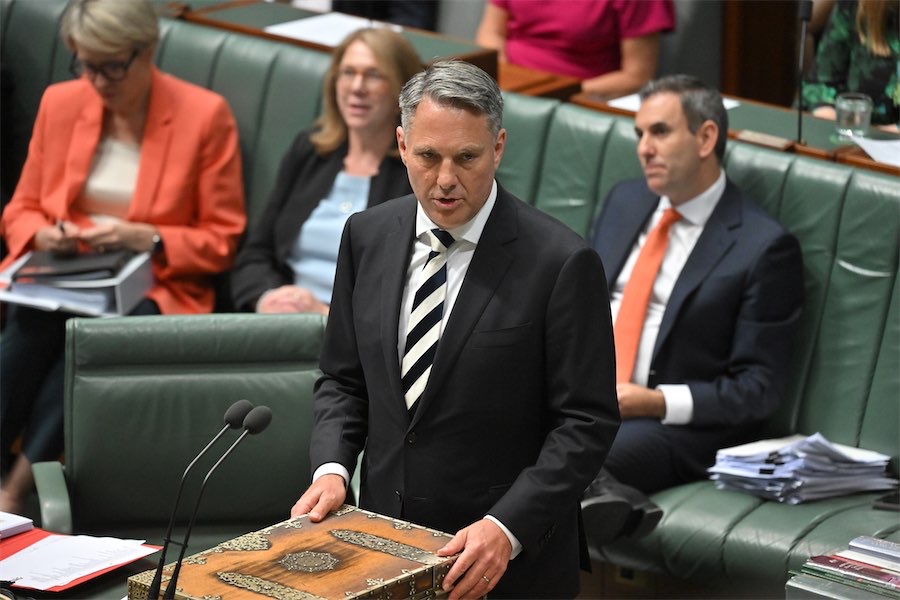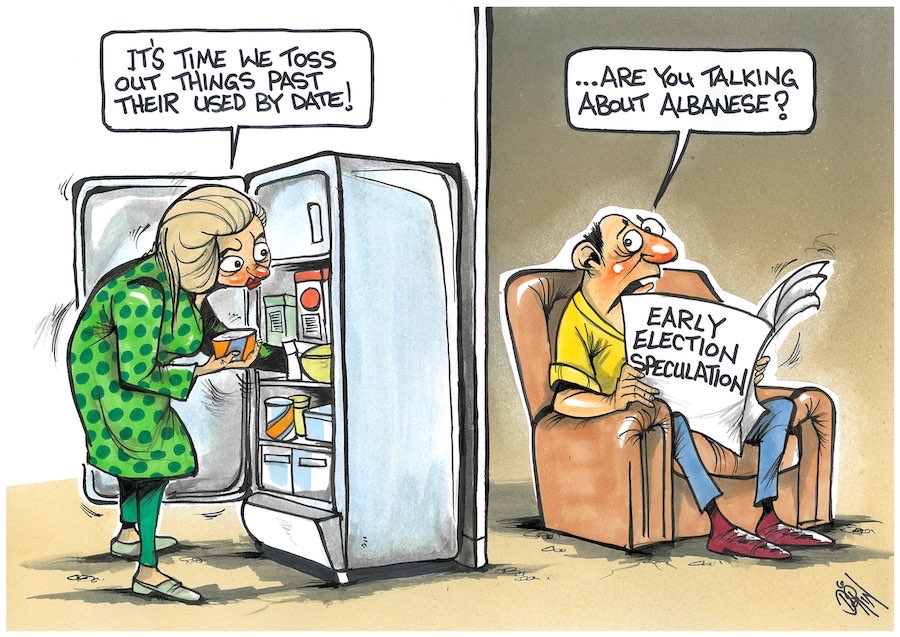
“Although it is appropriate that legal processes are available to anyone to be used for their protection, it might be that the legislation is too lenient in an area that seeks to root out corruption. Restricting the powers of individuals to muzzle such reports needs to be examined,” says political columnist MICHAEL MOORE.
For the second time in so many months there has been an attempt to stymie the ACT Integrity Commission.

First it was the Education Directorate, and now an individual has asked the Supreme Court to stop a report regarding the Canberra Institute of Technology (CIT).
The commission must be able to do its job! After two years of investigation by the Integrity Commission, a report on Operation Luna was due to be handed to the speaker on Wednesday.
There is an outside chance that the integrity commission’s Operation Luna brings down findings that clear everyone involved. However, considering there is an attempt to stop the report being published – the conclusion would have to be that the commission has done its job effectively in exposing inappropriate conduct.
Commissioner Michael Adams KC and his organisation have been charged with bringing conduct that lacks integrity into the full light of day. The act that governs the conduct of the integrity commission ensures procedural fairness. Anyone who is identifiable in the report has an opportunity to suggest corrections prior to the report being submitted to the Speaker of the Legislative Assembly.
Publications by the Speaker will have parliamentary privilege. As such, any aggrieved parties will not be able to sue for defamation. This helps explain why moves are made in the Supreme Court prior to publication.
However, there is a broader community interest at play. Provided procedural fairness has been applied, the integrity commission ought to be able to expose corruption or lack of integrity where it occurs as quickly as possible.
At the time of writing the Supreme Court suppressed the name of the litigant. However, they also moved to hear the complaint in a matter of days. Although it is appropriate that legal processes are available to anyone in our society to be used for their protection, it might be that the legislation is too lenient in an area that seeks to root out corruption.
Restricting the powers of individuals to muzzle such reports needs to be examined.
No doubt the ACT government is feeling nervous about the report. Corruption or lack of integrity in a portfolio ought, at least to a reasonable degree, to land back on the minister who was responsible at the time of the failure in integrity. Even more so if a minister or the minister’s office were in some way involved.
In a previous column, regarding the Integrity Commission’s investigation into tenders for construction at the Campbell Primary School, the spectre was raised of the role played by Minister for Education, Yvette Berry, or her office.
In that case, the head of the Education Directorate, Katy Haire, launched legal proceedings in the Supreme Court as far back as September. She sought to have the investigation stopped, with no report and no findings, by accusing the integrity commissioner of bias. That appeal will not be heard until November 25.
The Canberra Liberals have questioned the government on this issue extensively. The Leader of the Opposition, Elizabeth Lee, says the Liberals “uncovered that the ACT taxpayers are footing the legal fees for this action and that the chief minister and attorney-general kept vital information from the deputy chief minister because of her active role in the investigation”.
The Supreme Court has moved much more quickly in the case of the CIT and Operation Luna. This is probably because the report was completed and ready to be handed to the Speaker on June 19.
The Minister with responsibility for CIT from 2020 is Chris Steel. However, unlike the Campbell Primary debacle, in the case of the CIT there is a board that has responsibility for oversight of the organisation. This does mean some of the responsibilities are at arm’s length from the minister.
What is on the public record is that Operation Luna specifically examined senior public officials relating to processes to procure consultancy services worth more than $8.5 million awarded to “complexity and systems thinker” Patrick Hollingworth.
It is really challenging to imagine just how a contract of this magnitude could ever have been considered for services that fit into the category of “complexity and systems thinking”.
In marked contrast, the overwhelming number of ACT public servants who work hard and act with integrity ought not be dragged down by the few who lack the appropriate scruples.
Who can be trusted?
In a world of spin and confusion, there’s never been a more important time to support independent journalism in Canberra.
If you trust our work online and want to enforce the power of independent voices, I invite you to make a small contribution.
Every dollar of support is invested back into our journalism to help keep citynews.com.au strong and free.
Thank you,
Ian Meikle, editor





Leave a Reply